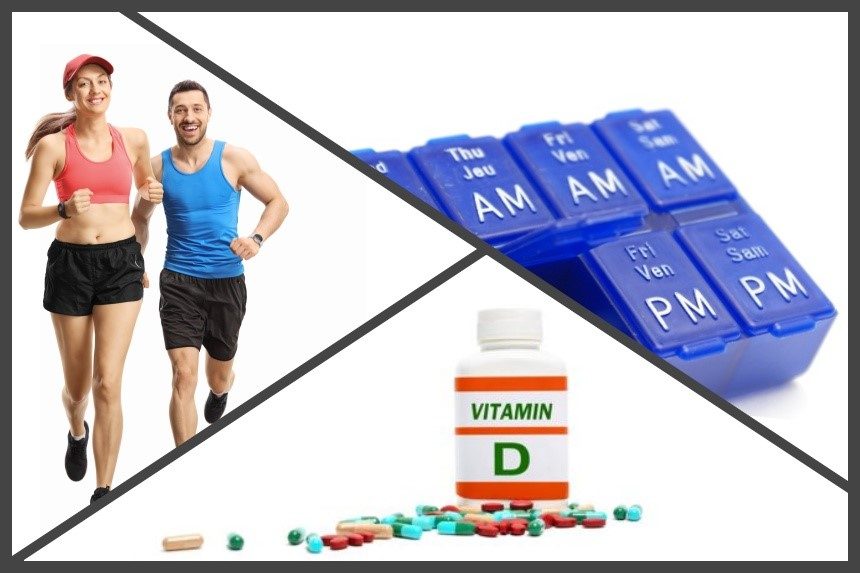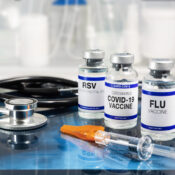“Your Health Checkup” is our online column by Dr. Douglas Zipes, an internationally acclaimed cardiologist, professor, author, inventor, and authority on pacing and electrophysiology. Dr. Zipes is also a contributor to The Saturday Evening Post print magazine. Subscribe to receive thoughtful articles, new fiction, health and wellness advice, and gems from our archive.
Order Dr. Zipes’ books, Ari’s Spoon, a new novel, as well as Bear’s Promise and Damn the Naysayers, A Doctor’s Memoir. Check out his website at dougzipes.com.
In a previous column, I raised the query my wife often asks: “Why can’t you doctors agree on something and stick to it without constantly changing your minds about what benefits or harms us?” I answered by noting that our knowledge of medicine is constantly changing; facts we learned today replace concepts we thought were true yesterday, and which will probably change tomorrow.
Consistent with that theme, this column highlights new information that contradicts previous conclusions about vitamin D, blood pressure medications, and exercise. I adhere to the famous quote by Winston Churchill: “I’d rather be right than consistent.”
Vitamin D
Vitamin D — based on observational studies — has been suggested as an anti-inflammatory supplement to boost immune responses, particularly to combat COVID infections. However, two randomized trials (the gold standard for guiding clinical decisions) showed that vitamin D supplements did not ward off COVID or any other respiratory infections.
The first trial was in the U.K. and found that vitamin D doses of 800 IU or 3,200 IU daily in 6,200 participants over six months follow up did not prevent COVID or other acute respiratory infections.
The second trial from Norway found similar results: that 5ml/day of cod liver oil containing 10 micrograms of vitamin D (400 IU) in over 17,000 individuals versus a placebo failed to protect against COVID or other acute respiratory infections over six months of follow up.
These studies lead to the conclusion that no reliable, scientific evidence exists that nutritional supplements with vitamin D impact susceptibility to COVID infections. The only trustworthy approach is to get vaccinated.
Timing of Blood Pressure Medications
Blood pressure measured before bedtime has been considered one of the best predictors of cardiovascular health. A study in more than 2,000 participants concluded that individuals taking blood pressure medications at night had better blood pressure control and reduced cardiovascular morbidity and mortality compared with those taking medications in the morning.
However, a recent randomized study of over 21,000 participants has challenged that concept by showing that patients who took their antihypertensive medication in the evening had the same long-term cardiovascular outcomes as those who took medications in the morning. Importantly, however, taking blood pressure medication in the evening was not harmful. The conclusion, therefore, is that patients should be able to take their medications in the morning or evening, according to individual preferences, without impacting the benefits of the drugs.
Exercise
Exercise guidelines generally recommend that adults perform 150 to 300 minutes weekly of moderately intense physical activity, such as brisk walking, or half that time at vigorous physical activity, like jogging. Accomplishing regular exercise over a lifetime is one of the most important strategies to achieve and preserve health and wellness. A recent study of 78,500 individuals noted that 10,000 steps per day was associated with reduction in cardiovascular morbidity and death. Other studies have shown health benefits can accrue with less than 10,000 steps per day. Importantly, recent statements warn against becoming what’s called an “active couch potato,” a person who exercises in the morning but then sits behind a computer monitor all day and a TV screen at night.
The big question about exercising has been whether performing more than the recommended amount, such as that achieved by endurance athletes, is harmful. Recent information suggests that, except for an increase in the risk of developing atrial fibrillation, there is no significant risk exceeding these exercise guidelines, and in fact further exercise may generate additional cardiovascular benefits by reducing morbidity and mortality.
In summary, vitamin D supplements do not prevent COVID, blood pressure medications can be taken in the morning or evening, and exercise above the recommended amount can still be beneficial.
Become a Saturday Evening Post member and enjoy unlimited access. Subscribe now




Comments
At least this article didn’t feature whiplash inducing contradictions over coffee; probably the most common of all.
I’ve been doing well on a high quality men’s multi-vitamin covering all the bases, including a strong immune builder, Wellness Formula by Source Naturals as needed here and there.
I’ll get the flu shot within the next couple of weeks, but no more for Covid, forget it; not doing it. I had the 2 Pfizer’s in March/April ‘21, then first booster Nov. ‘21 and the second one April ‘22. Finished!